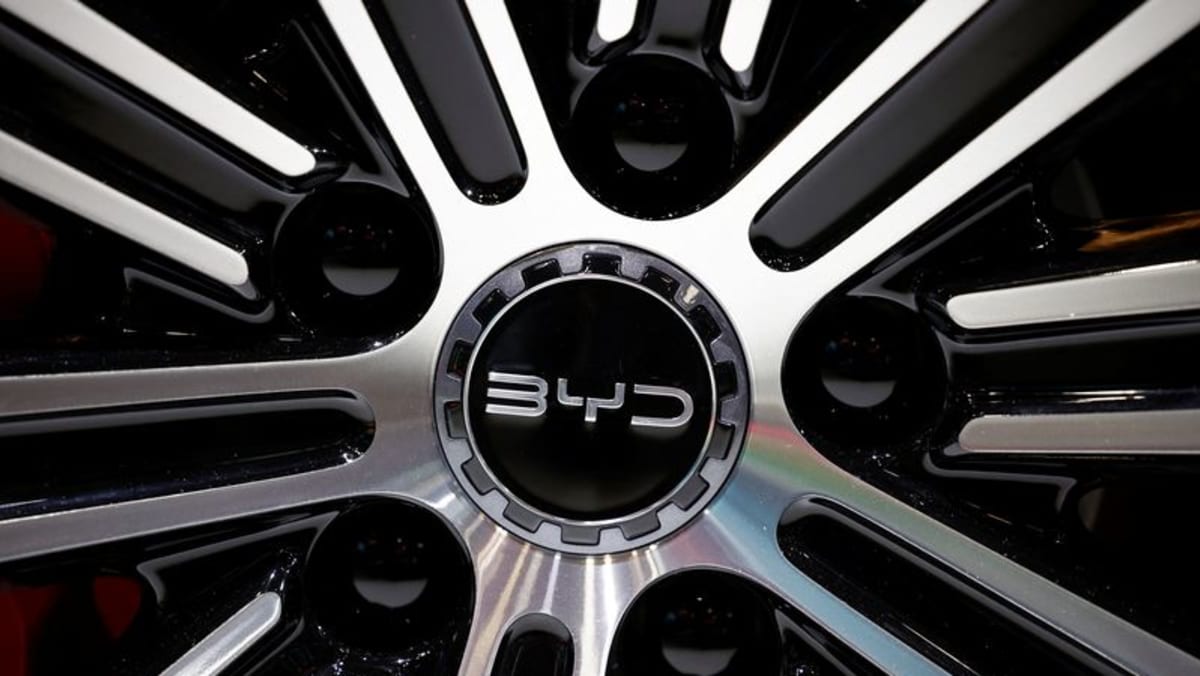Spain’s PLD Space launches private reusable rocket in milestone for Europe

MADRID :Spanish company PLD Space launched its reusable Miura-1 rocket early on Saturday from a site in southwest Spain, carrying out Europe’s first fully private rocket launch and offering hope for its stalled space ambitions.
The startup’s test nighttime launch from Huelva came after two previous attempts were scrubbed. The Miura-1 rocket, named after a breed of fighting bull, is as tall as a three-storey building and has a 100-kg (220-pound) cargo capacity. The launch carries a payload for test purposes but this will not be released, the company said.
Mission control video showed engineers cheering and congratulating one another as the rocket rose into the night sky.
“My voice is shot after so much shouting,” said a triumphant Raul Torres, chief executive of PLD Space, shortly after the launch.
He said all rocket systems worked “perfectly”, adding that the company would now focus on tripling its workforce. “This is just the beginning.”
A first attempt to launch the Miura-1 rocket in May was abandoned because of high-altitude winds. A second attempt in June failed when umbilical cables in the avionics bay did not all release in time, halting the lift off as smoke and flames spewed from the rocket.
Airspace, areas of the sea and roads were closed around the high-security launch site ahead of the launch.
Europe’s efforts to develop capabilities to send small satellites into space are in focus after a failed orbital rocket launch by Virgin Orbit from Britain in January. That system involved releasing the launcher from a converted Boeing 747. Competitors lining up to join the race to launch small payloads include companies in Scotland, Sweden and Germany.
Saturday’s mission on the Miura-1 demonstrator was the first of two scheduled suborbital missions. However, analysts say the most critical test will be the development of orbital services on the larger Miura-5, planned for 2025.
In July, the last launch of Europe’s largest rocket, the premier Ariane 5 space launcher, took place at the European spaceport in Kourou, French Guiana.
Europe has until recently depended on Ariane 5 and its 11-tonne-plus capacity for heavy missions, as well as Russia’s Soyuz launcher for medium payloads and Italy’s Vega, which is also launched from Kourou, for small ones.
The end of Ariane 5 has left Europe with virtually no autonomous access to space until its successor, Ariane 6, is launched. Russia halted access to Soyuz in response to European sanctions over the invasion of Ukraine, the upgraded Vega-C has been grounded for technical reasons and Ariane 6 is delayed until next year.
The European Space Agency said last week that Vega-C would not return to service until the fourth quarter of 2024, following a failed mission last December.
Source: CNA















